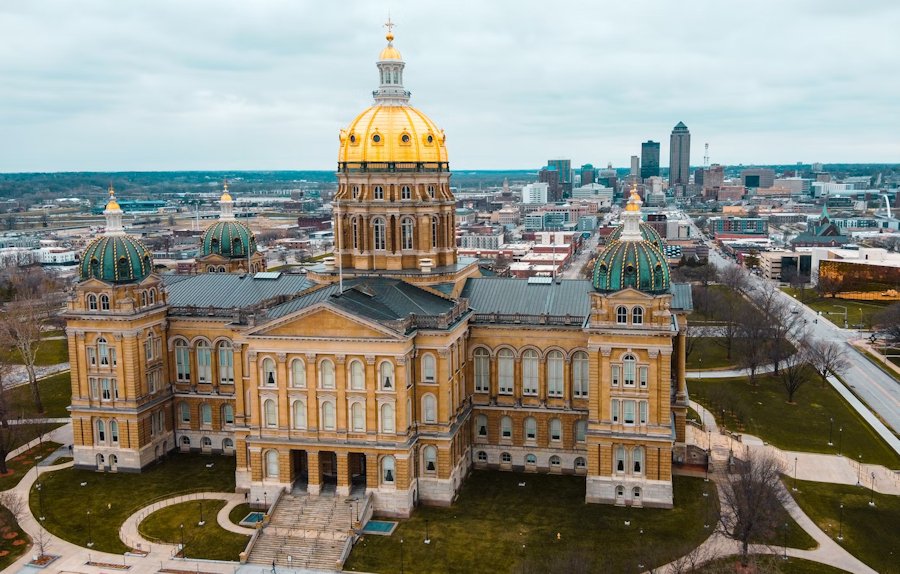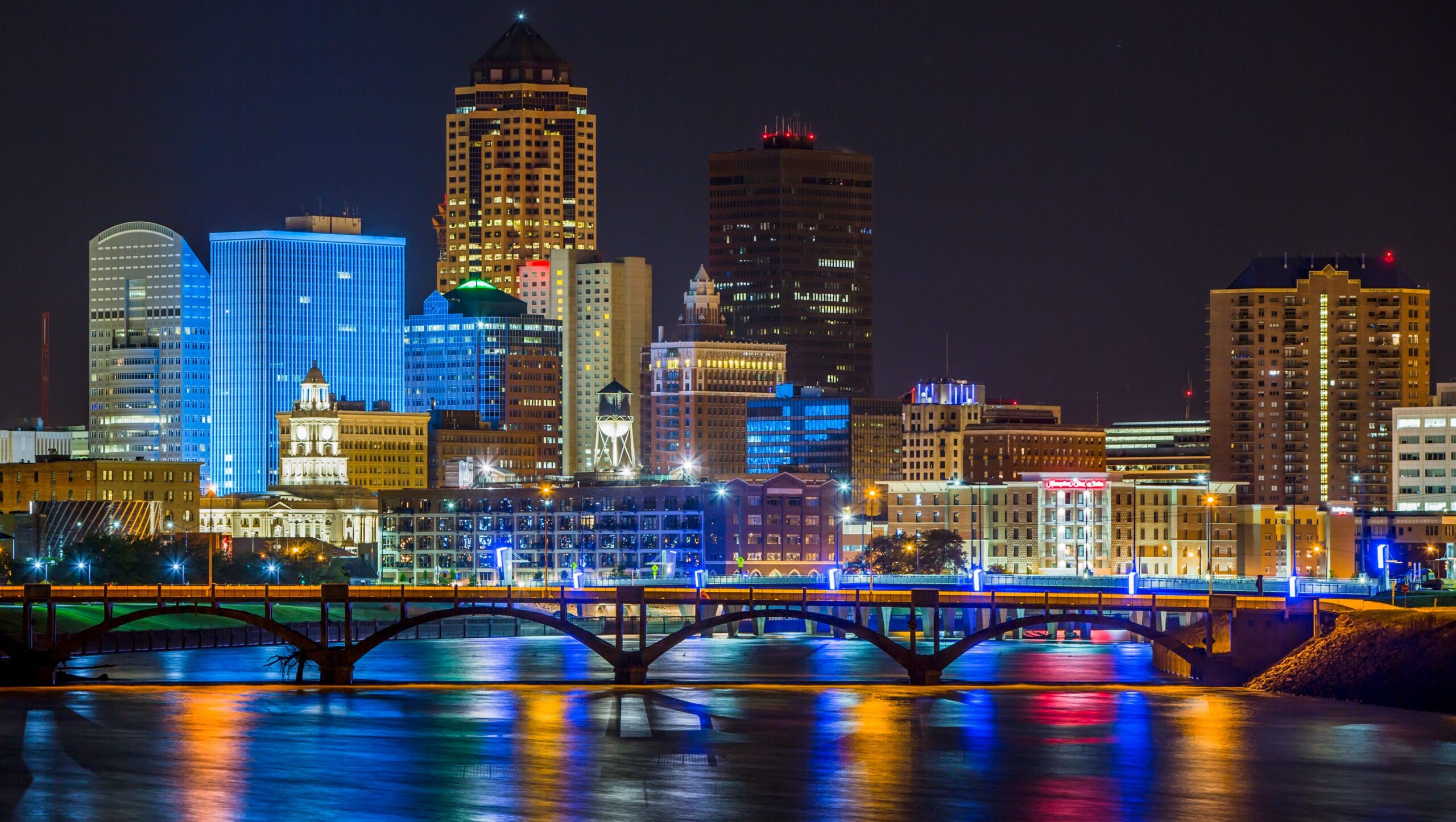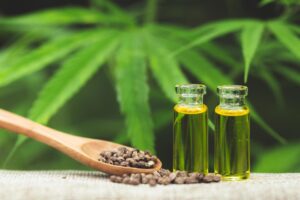Welcome to the rolling plains of Iowa, where cornfields stretch as far as the eye can see, and the winds whisper tales of change. Amid this pastoral serenity, a new buzz is stirring—not from the cicadas, but from Delta-9 THC, the psychoactive darling of the cannabis world. As of March 26, 2025, Iowa’s relationship with Delta-9 is a fascinating blend of legal nuance, cultural curiosity, and regulatory rigor. Let’s dive into this heartland saga, exploring how Delta-9 has found a foothold in a state known more for its hogs than its hemp.
The Federal Seed That Sprouted State Law
To understand Iowa’s Delta-9 story, we must first tip our hats to the 2018 Farm Bill. This federal legislation redefined hemp as Cannabis sativa L. with a Delta-9 THC concentration of 0.3% or less by dry weight, effectively removing it from the DEA’s naughty list of controlled substances. It was a game-changer, opening the door for hemp-derived products nationwide. Iowa, ever the pragmatic state, took this cue and ran with it. In 2019, the Iowa Industrial Hemp Act (Senate File 2398) was signed into law, aligning with federal guidelines and allowing the cultivation, processing, and sale of hemp products. By April 8, 2020, the USDA greenlit Iowa’s hemp program, and the state began licensing farmers to grow up to 40 acres of this newly legal crop.
But here’s where it gets juicy: while the Farm Bill legalized hemp-derived Delta-9 THC up to that 0.3% threshold, it left states free to tweak the rules. Iowa didn’t just nod along—it sowed its own regulatory seeds, culminating in a significant update with House File 2605, signed by Governor Kim Reynolds on May 17, 2024, and effective July 1, 2024. This law didn’t just tweak the hemp game; it redefined it for Iowa’s 3.2 million residents.
Potency Caps and Age Gates: Iowa’s New Rules
Picture this: you’re at a bar in Des Moines, eyeing a can of Climbing Kites, a popular THC-infused drink. Pre-2024, that can might’ve packed 10 milligrams of Delta-9 THC, no questions asked. Fast forward to today, and Iowa’s Consumable Hemp Law has clipped its wings. Now, consumable hemp products—think gummies, drinks, and edibles—can’t exceed 4 milligrams of Delta-9 THC per serving or 10 milligrams per container. That’s a steep drop, and it’s got local businesses scrambling.
Why the cap? Iowa lawmakers, led by figures like Rep. Steve Holt (R-Crawford), argue it’s about control. They never intended for hemp to become a backdoor to intoxication when they legalized it. “It’s the wild, wild west out there,” Holt said during debates, pointing to the explosion of potent THC products post-2018. The state’s also slapped a 21-and-over age restriction on purchases, mirroring alcohol laws, and banned synthetic cannabinoids like Delta-8 and THC-O outright. Labels now carry warnings akin to those on a whiskey bottle, a nod to public safety.
For perspective, a 10-milligram THC gummy is standard fare in recreational states like Colorado, often delivering a solid buzz. Iowa’s 4-milligram cap? That’s more of a gentle nudge—think microdose territory. JC Cirese, owner of Despensary in Des Moines, called it “absurdly low,” arguing it kneecaps businesses and pushes consumers toward neighboring states like Illinois, where recreational marijuana flows freely.

The Hawkeye Hemp Boom
Despite the tighter reins, Delta-9’s presence in Iowa is undeniable. Since hemp’s legalization, the state has seen a surge in hemp-derived products. By 2023, Iowa Public Radio reported THC drinks and gummies popping up at festivals like 80/35 and Hinterland, sold legally under the 0.3% THC loophole. Climbing Kites, brewed by Lua Brewing and distributed by Big Grove, became a festival staple, while vendors like Greene Goods Market peddled 10-milligram Delta-9 gummies under educational banners touting hemp’s history (did you know George Washington grew it?).
The numbers back this up. Iowa’s Department of Agriculture licensed over 200 hemp growers by 2024, cultivating thousands of acres. Nationally, the hemp industry hit $28 billion in 2022, per the Brightfield Group, with Delta-9 products carving out a hefty slice. In Iowa, retailers estimate over 1,100 stores—from gas stations to boutique hemp shops—were selling these goods before the 2024 law tightened the screws. Now, many are reformulating or relocating stock to stay compliant.
Marijuana’s Shadow and the Black Market Whisper
Here’s the kicker: while hemp-derived Delta-9 dances in the legal spotlight, marijuana-derived Delta-9 remains a pariah. Iowa’s Controlled Substances Act classifies marijuana as a Schedule I substance, with possession of even half an ounce landing you a misdemeanor, up to six months in jail, and a $1,000 fine. Cultivation or distribution? That’s a felony, with penalties climbing to 10 years and $50,000 for 50-100 kilograms. Recreational marijuana is a non-starter, despite 54% of Iowans supporting legalization in a 2023 Des Moines Register poll.
This dichotomy fuels a curious tension. With recreational cannabis legal in neighbors like Illinois (generating $417 million in tax revenue in 2023) and Minnesota, Iowans often cross borders for stronger stuff. Critics like Sabrina Bergloff of Despensary warn that Iowa’s potency caps could spark a black market boom. “You’re asking for it to explode,” she told The Gazette, noting that unregulated products might fill the void left by neutered legal options.
Iowa does have a medical cannabis program, but it’s a shadow of its peers. Launched in 2014, it allows low-THC oils and capsules for qualifying conditions like epilepsy, but smokable flower and high-THC products are off-limits. Only two manufacturers are licensed, and patients jumped through hoops—1,500 were registered by 2024, per the Iowa Department of Health and Human Services. Compare that to Missouri’s 200,000+ medical users, and Iowa’s caution shines through.
The Cultural Ripple in Corn Country
Delta-9’s legal shuffle isn’t just a policy wonk’s dream—it’s reshaping Iowa’s cultural fabric. At ReUnion Brewery in Iowa City, THC seltzers like Jungle Vibes (once 10 milligrams) were a hit until the cap hit. Now, brewers tweak recipes or pivot to CBD-only drinks. At Bellhop in Des Moines, mixologists once slung 40-milligram Delta-9 cocktails; today, they’re capped at a tenth of that potency. It’s a buzzkill for some, but others see it as a chance to innovate within bounds.
Public perception is shifting too. A 2024 Iowa Public Radio piece noted Iowans warming to THC as a relaxant, especially in a state where alcohol reigns supreme (Iowa ranks 15th nationally for per-capita beer consumption). Hemp’s stigma as “the boogie man,” as vendor Andy Krieger put it, is fading, replaced by curiosity about its legal offspring. Yet, the 21-age limit and potency rules signal Iowa’s not ready to fully embrace the cannabis wave sweeping the Midwest.
Looking Ahead: A Harvest of Uncertainty
As spring blooms in 2025, Iowa’s Delta-9 tale is far from over. House Democrats made marijuana legalization a 2025 priority, but with Republicans holding a supermajority and Reynolds staunchly opposed, don’t hold your breath. Hemp’s future hinges on enforcement—will the Iowa Department of Health and Human Services crack down on non-compliant 10-milligram cans still lingering on shelves? And what of the black market threat?
For now, Delta-9 in Iowa is a legal tightrope: hemp-derived, low-dose, and 21-plus. It’s a compromise that keeps the heartland humming without letting it fly too high. Whether you’re sipping a 4-milligram seltzer or eyeing Illinois’ dispensaries, one thing’s clear: in Iowa, Delta-9’s story is as rich and layered as the soil beneath its feet.
Discover the future of hemp with NanoHempTechLabs’ premium Delta-9 THC wholesale products, crafted to meet Iowa’s latest legal standards. Our cutting-edge nanotechnology ensures maximum potency and bioavailability, delivering compliant 4mg-per-serving and 10mg-per-container consumable hemp goods—perfect for the Hawkeye State’s evolving market. From gummies to beverages, our hemp-derived Delta-9 offerings tap into a booming $28 billion industry, offering retailers high margins and customers a legal, low-dose buzz. Stay ahead of Iowa’s regulatory curve with NanoHempTechLabs. Schedule a call today to explore partnership opportunities and elevate your inventory with the best in hemp innovation!
Reference:
- Akpunonu, P., Baum, R., Reckers, A., Davidson, B., Ellison, R., Riley, M., … & Gerona, R. (2021). Sedation and acute encephalopathy in a pediatric patient following ingestion of delta-8-tetrahydrocannabinol gummies. American Journal of Case Reports, 22. https://doi.org/10.12659/ajcr.933488
- Bahji, A. and Stephenson, C. (2019). International perspectives on the implications of cannabis legalization: a systematic review & thematic analysis. International Journal of Environmental Research and Public Health, 16(17), 3095. https://doi.org/10.3390/ijerph16173095
- Bowling, C. and Glantz, S. (2019). Conflict of interest provisions in state laws governing medical and adult use cannabis. American Journal of Public Health, 109(3), 423-426. https://doi.org/10.2105/ajph.2018.304862





